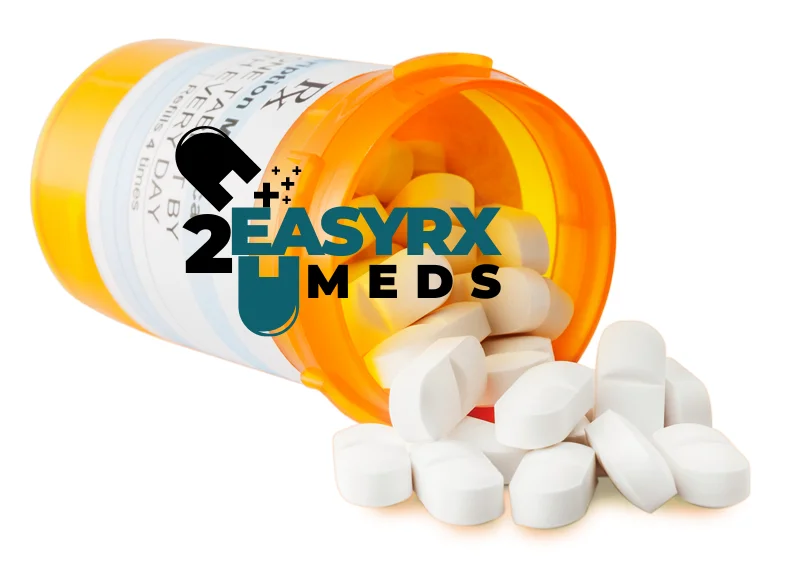There is no item in your cart
Benefits:
1. Pain Relief
- Effective for mild to moderate pain: Aspirin generic name is commonly used to relieve headaches, muscle aches, toothaches, menstrual cramps, and other types of mild to moderate pain.
2. Anti-Inflammatory Effects
- Reduces inflammation: Aspirin generic name helps alleviate symptoms of inflammatory conditions like osteoarthritis and rheumatoid arthritis, reducing pain and improving joint function.
3. Fever Reduction (Antipyretic)
- Lowers fever: It helps reduce elevated body temperatures in individuals with infections or other fever-inducing conditions.
4. Cancer Prevention (Emerging Research)
- Some studies suggest that long-term, low-dose aspirin use may lower the risk of developing certain cancers, particularly colorectal cancer.
Summary of Benefits:
- Pain relief and anti-inflammatory properties
- Cardiovascular protection by reducing clot formation
- Possible reduction in cancer risks (ongoing research)
- Safe, low-dose use for pre-eclampsia prevention
- Affordable and widely available
Side Effects:
1. Gastrointestinal (GI) Issues
- Stomach Irritation: Aspirin can irritate the stomach lining, leading to discomfort.
- Gastric Ulcers: Long-term or high-dose use may lead to the formation of ulcers in the stomach or intestines.
- Gastrointestinal Bleeding: In some cases, aspirin may cause GI bleeding, which can be serious. Symptoms may include black or bloody stools or vomiting blood.
2. Bleeding Risk
- Increased Bleeding Tendency: Aspirin inhibits platelet function, making it harder for the blood to clot. This can lead to excessive bleeding from minor injuries, nosebleeds, or prolonged bleeding from cuts.
- Internal Bleeding: This includes bleeding in areas such as the brain (which may cause a hemorrhagic stroke) or in the digestive tract. This risk is higher in people taking high doses or combining aspirin with other blood thinners.
3. Allergic Reactions
- Aspirin Allergy: Some people may experience an allergic reaction, leading to symptoms like hives, difficulty breathing, swelling of the face or throat (anaphylaxis).
- Aspirin-Induced Asthma: In some individuals, particularly those with asthma, aspirin can trigger respiratory issues, worsening asthma symptoms.
4. Tinnitus (Ringing in the Ears)
- Hearing Issues: High doses of aspirin can cause ringing in the ears or hearing loss in some people. This usually subsides when the dosage is reduced or the medication is discontinued.
5. Reye’s Syndrome (in Children and Adolescents)
- Rare but serious condition: Giving aspirin to children or teenagers with viral infections (like flu or chickenpox) can lead to Reye’s syndrome, a life-threatening disorder that affects the liver and brain.




Reviews
There are no reviews yet.